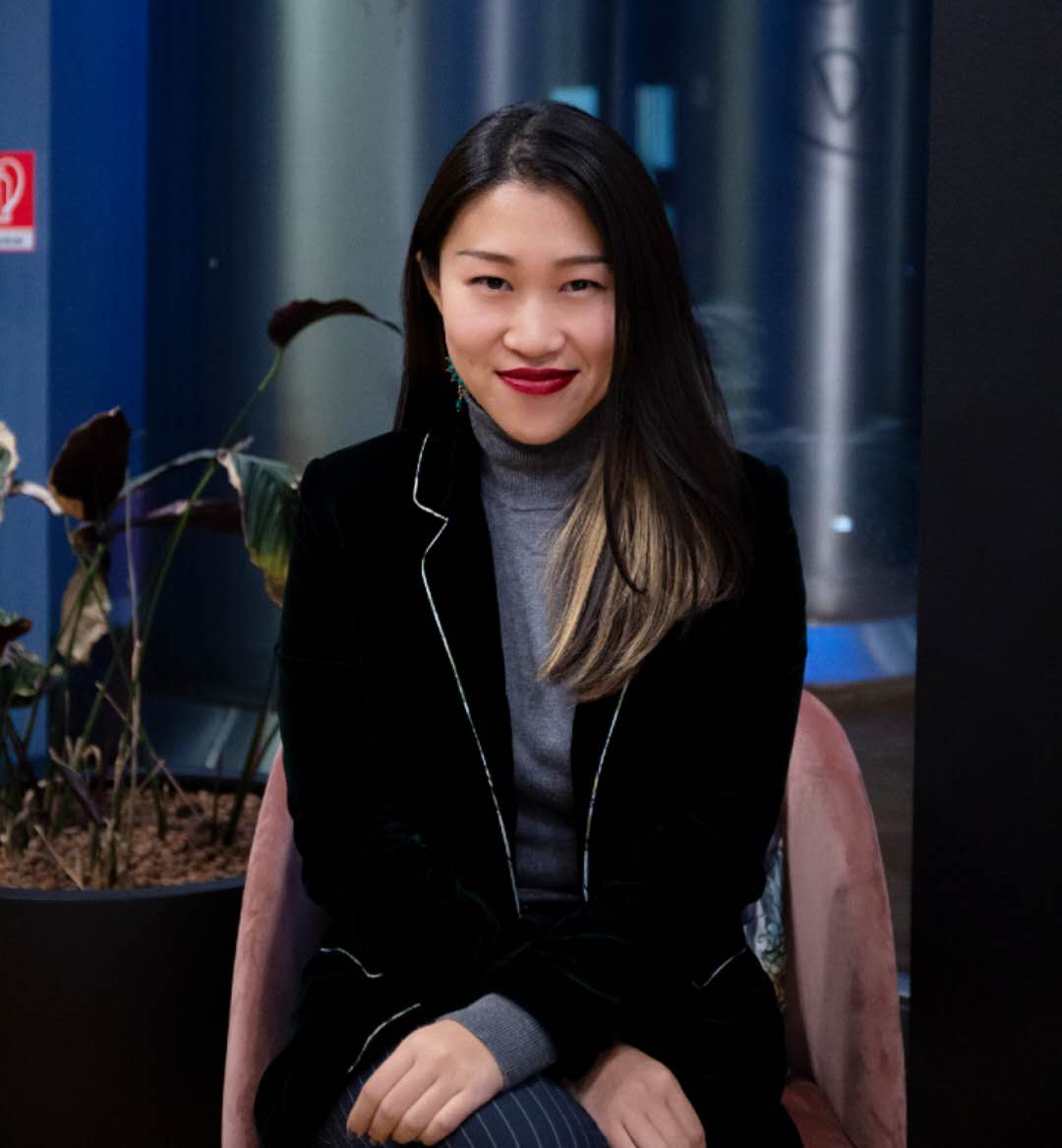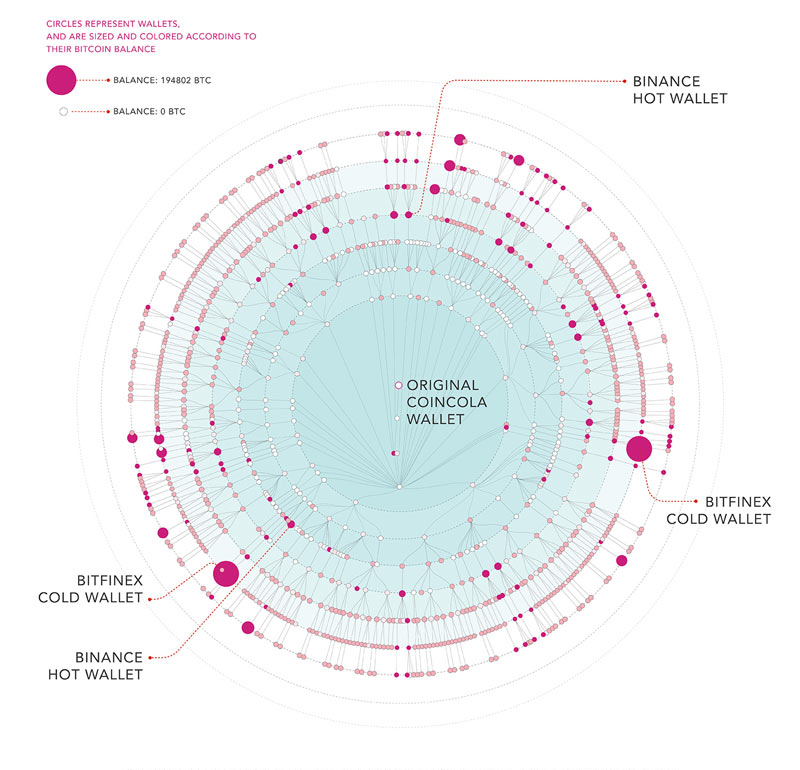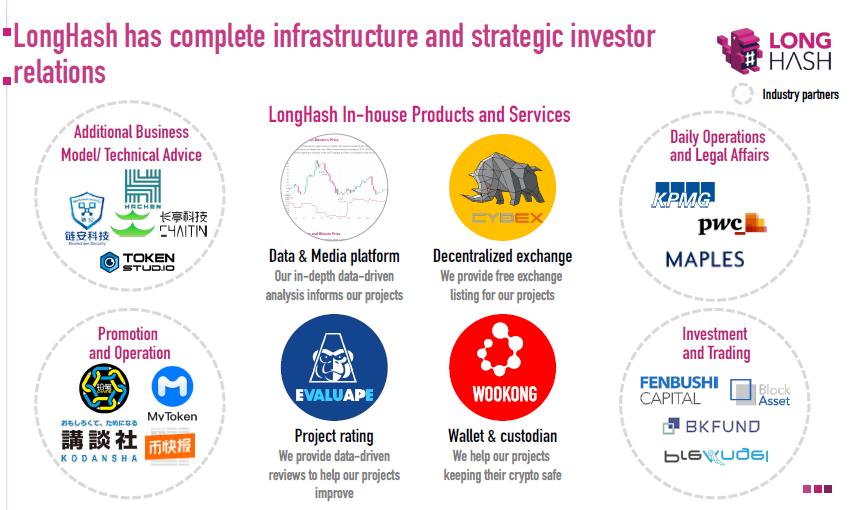Connecting the Blockchain dots from China to Germany
As much as I like to talk about Berlin being an important international blockchain hub, the basic logic of a hub might be contradictory to a decentralized movement. Let’s take a look at some important companies from the blockchain space:
- The Ethereum formation ConsenSys is operating from 6 continents, has offices in 11 countries and employees in 19 countries
- Germany corporate VC Innogy Innovation Hub is scouting in Berlin, Essen, Palo Alto, Tel Aviv, and London
- The biggest crypto exchange Coinbase has offices in San Francisco, Chicago, New York, Portland, Tokyo, and London
- The international VC Outlier Ventures invested in blockchain companies in Finland, Germany, US and UK
The very core of the blockchain technology is establishing consensus in distributed networks. I believe it also impacts the mindset of the blockchain peers and empowers collaborations between different ecosystems and teams, beyond regional borders. Jasmine Zhang, CEO of LongHash Germany is the person to watch out for when we are speaking about connecting Asian and European blockchain ecosystems.


— Jasmine, you have a career background in China, England, and Germany. Could you tell us a little more about your background?
I have studied Financial Mathematics and later master in Statistics in England. By that time, I had my final year project with Deutsche Bank in London and had the chance to work with the quantitative research team on the global derivatives trading market. Later, I worked in a German consulting company in Beijing for projects like Volkswagen and Audi. With the interest in German culture, I have decided to move to Germany and got drenched into the vibrant urban tech-scene of Berlin immediately. Bridging different ecosystems has been what I have been focusing on for the past 4 years here in Germany until I joined LongHash in May this year.


— When you compare Europe and Asia, Berlin and Beijing — is there a major difference in how people work? If so — could you elaborate on this difference?
There are a lot of differences of course. This would be one major difference for me: Germans are relatively conservative and Chinese are rather risk-takers in the perspective of fast implementation and flexibility. Germans are rigorous in being careful to consider every piece of a project before they make final decisions, while Chinese might focus on the prominent part and make the move already.
Germans are relatively conservative and Chinese are rather risk-takers in the perspective of fast implementation and flexibility
— Let’s talk blockchain. Can you remember the first time you got excited about this technology and why? What brought you to lead the LongHash?
I got into crypto scene quite late since early this year. I started to go to blockchain meetups and was amazed by the excitement of the crowd. Then I looked into it and read e.g. how blockchain can solve different user cases in reality, how many millions are raised within a minute while all the hacks, scams and attacks happen. This felt super interesting. I got reached out in May, took the position in June, and have been convinced by the vision of LongHash since then.
— Could you elaborate on the concept of LongHash? What is your “unique selling proposition”?
We have seen explosive growth in the ICO market in 2017 followed by a subdued market in 2018, but we remain fundamentally optimistic of the blockchain industry as maturing infrastructure drives mass adoption. LongHash, a global blockchain incubator, is well positioned to tap into this nascent opportunity. We provide tailored incubation services with an in-house technical delivery capability and exchange listing. Our incubation strategy is focused on early stage and tech-driven teams in key identified verticals such as decentralized finance and IOT, and we are on track to incubate a series of strong projects. Our unique strengths set us apart from our competitors in 3 major fields.
- Firstly, we have the complete infrastructure and strategic investor relations;
- Secondly, we have built a global network from April this year in Tokyo, Singapore, Shanghai, HK, and Berlin;
- Thirdly, our founding team includes veterans in the blockchain space and experienced professionals.

— With LongHash you combine an incubator and data-driven media. Why exactly are you focusing on these two fields? Is the data journalism platform of LongHash envisioned to spread the word about the startups you incubate?
In an industry ridden with scams, we believe it is key to incubate high-quality projects and use data to provide reliable analysis and information to educate mainstream society. This is why we had the initial idea to build our own data-driven media. This platform explains important trends in the blockchain industry and provides an unbiased article written by independent journalists.
In an industry ridden with scams, we believe it is key to incubate high-quality projects and use data to provide reliable analysis and information to educate mainstream society
It will not become a media to promote our incubated startups. Rather, it will stay neutral and help accelerate the understanding of blockchain technology. It is an investment from our side and we are not aiming to make a profit from it.


— Did LongHash already invest in any projects in Berlin?
We had our first investment in April in MXC (Machine Xchange Coin), whose goal is to create a decentralized, global IOT economy. For us, the decision to invest in MXC was straightforward. In order to improve efficiency as a society, we believe it is necessary to shift from a centralized economic model to a flatter, decentralized economic model where resource allocation is flexible, and demand and supply are matched in real time. We are very happy to see that the team has experienced unprecedented support across the Globe sparking a keen interest in their revolutionary Device Data Blockchain solutions and the founders at MXC have closed significant partnerships with a number of cities to use the MXProtocol as part of their “Smart City” movement. They just successfully launched their public sale on 30th Sept.
— Recently you have secured a funding for the Berlin decentralized exchange startup Herdius through an ETO in China. Previously Genesis Space was financed through the ETO. Could you explain the concept of the ETO? How is it different to other forms of crypto-crowdfunding and what was the outcome for Herdius and Genesis Space?
Of course. ETO is short for Earlybirds Token Offering, which is a brand new concept raised by the Co-Founder of LongHash, James Gong, who is also a prominent KOL (key opinion leader) in Asia. With ETO, we support premium early stage blockchain-related projects to raise a small amount of fund (2,000 ETH) through a decentralized exchange CYBEX. Through the process, the projects raise kick-off money while building an organic community and CYBEX will supervise the fund in a multi-signature account later on. We aim to achieve a bigger consensus from the community and lower the investors’ (individual) risk, which are the missing links currently in this industry.
We aim to achieve a bigger consensus from the community and lower the investors’ (individual) risk
The outcome was that we have successfully raised 2,000 ETH for Herdius on 18th August and Genesis Space 4th August in 54 seconds and 51 seconds on separately. Genesis Space has recruited their community manager and CMO from these supporters as well!
